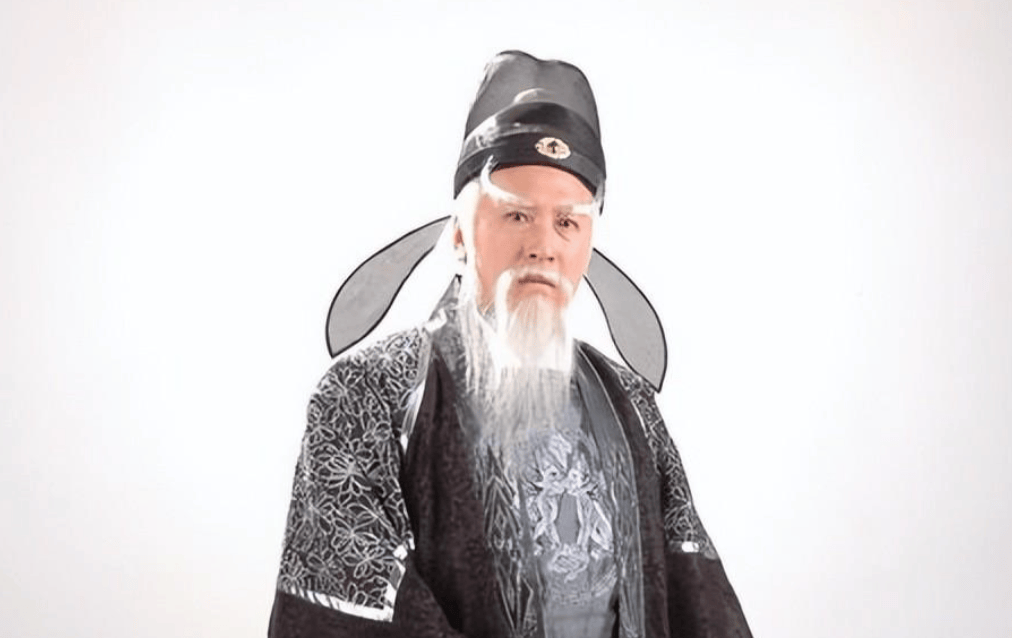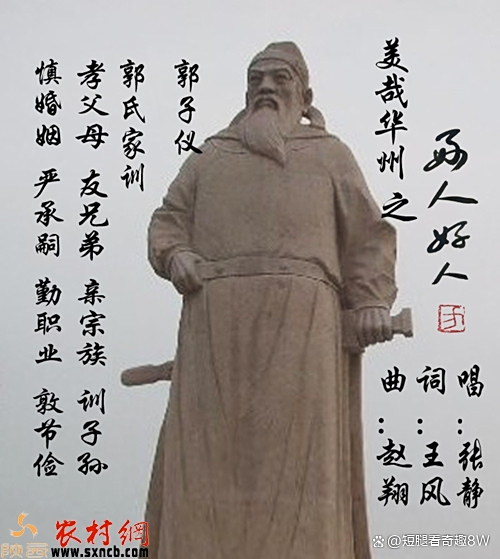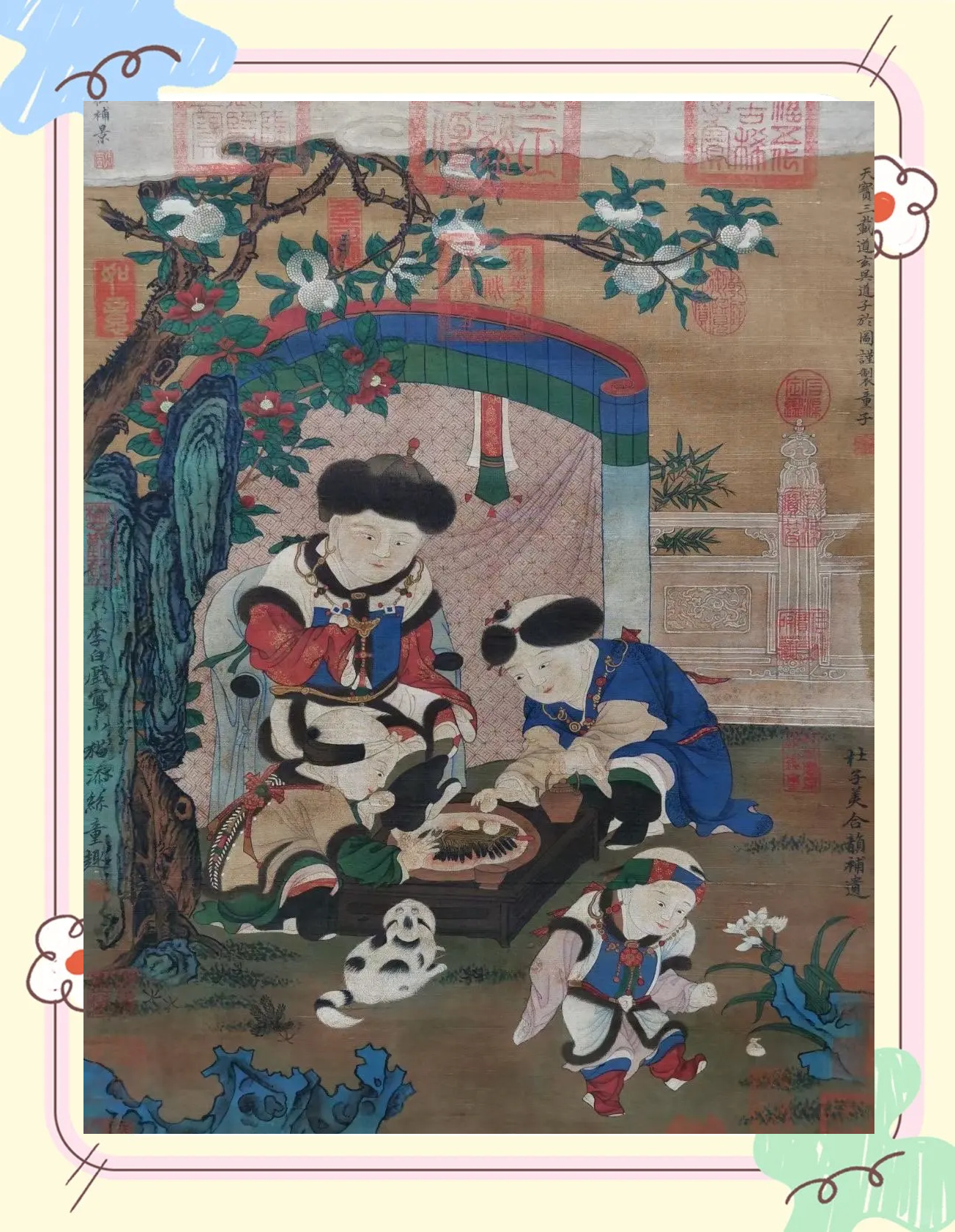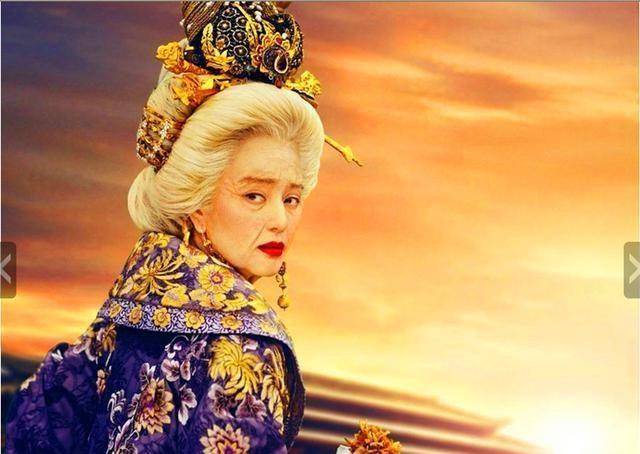If someone has a certain understanding of the history of the Tang Dynasty, they still know some about the An Lushan Rebellion. Let the History Encyclopedia editor take you through the fog of history and return to the era of swords and knives.

An Lushan and Shi Siming each died at the hands of their own sons, and the reasons are not complicated, but it must be said that this is a bizarre event in feudal history. Two fierce generals, from rising up to taking control, shook the land of the Tang Dynasty. However, this fierce civil war was not so much wiped out by the Tang court as it was by “domestic thieves”. Undoubtedly, this is a very ironic historical period.
Although the reasons for the deaths of An Lushan and Shi Siming are different, there is an extremely similar aspect between the two, which is that they were both the sorrow of betrayal and separation, stemming from their violent, bloodthirsty, and inhumane rule. The author attempts to analyze from three perspectives.
Historical background: What happened before and after the An Lushan Rebellion

During the reign of Tang Tianbao, a serious civil war broke out. The Tang Dynasty rebel commanders An Lushan and Shi Siming led a civil war against the Tang Dynasty to vie for control, which became known as the “An Lushan Rebellion”. The An Lushan Rebellion had a huge impact, causing a decline in the national strength and a sharp decline in population of the Tang Dynasty, which was a turning point from prosperity to decline.
In the late period of the Kaiyuan reign, the court was corrupt, and those in power were not ambitious and indulged in pleasure. Emperor Xuanzong of Tang indulged in debauchery all day long and favored Yang Guifei. Li Linfu, Yang Guozhong, and other treacherous officials who wielded great power later became the rulers. The court was shrouded in chaos, and the common people were oppressed by oppressive policies, living in deep water and suffering.
An Lushan’s army and self-respect, coupled with his own discord with Yang Guozhong, intensified internal and external conflicts for a while, and Tang Xuanzong did not care about it at all, ultimately igniting the evil faith of the An Lushan Rebellion.
The Death of An Lushan: A Violent and Bloodthirsty Rule, destined to fail without suspense
An Lushan suffered from eye disease, which gradually deepened from the beginning of the uprising until he declared himself emperor, until he became completely blind. An Lushan not only suffered from severe eye diseases, but also from gangrene. These illnesses made An Lushan’s personality very irritable and eccentric, so he often took out his anger on people, either by beating or scolding them, which was extremely torturous. Eunuch Li Zhu’er was a close eunuch of An Lushan, often serving him in dressing and undressing. He was beaten the most times and had the greatest resentment.
In 757 AD, the second year after An Lushan declared himself emperor, due to physical illness, he often lived in seclusion and was rarely seen by other generals. Many matters were entrusted to his advisor Yan Zhuang to handle, but even such trusted aides were inevitably beaten by An Lushan. In terms of harem life, An Lushan highly favored the Duan family and gave birth to a son named An Qing’en. An Lushan greatly appreciated this young son and had the intention of replacing him with Qing Xu (An Lushan’s eldest son was killed by Emperor Xuanzong).
Serving such a master, the guards around An Lushan are constantly fearful and apprehensive. And An Qingxu was also afraid that one day the crown prince’s position would be taken away. Finally, encouraged by Yan Zhuang and Li Zhu’er, the three conspired to execute An Lushan.
An Qingxu and Yan Zhuang were holding weapons and following outside the camp. Li Zhuer took the opportunity to serve An Lushan and picked up a big knife to cut into An Lushan’s abdomen. An Lushan struggled and shouted, “It’s a domestic thief!” and then died.
The next morning, Yan Zhuang announced to his subordinates that An Lushan was critically ill and ordered the appointment of An Qingxu as the Crown Prince. Military and military affairs would be punished by the Crown Prince. Immediately inherited the throne, honored Lushan as the Supreme Emperor, and then began mourning.
The death of Shi Siming: After the betrayal and separation of the masses, the ending also became desolate and dim
To some extent, the An Shi Rebellion was a civil war. An Lushan and Shi Siming were traitors. Their rebellion had no historical progressiveness, because they could not represent the bottom people, but brought endless harm to the people. The regime that could not be supported by the people was doomed to failure.
After An Lushan’s death, Shi Siming served as the first vanguard. In 759 AD, Shi Siming led his troops to rescue Anqing Xu, who was besieged by Guo Ziyi in Xiangzhou City. Anqing Xu understood the character of Shi Siming, and he was worried that Shi Siming would be detrimental to him. He intended to resist Shi Siming, but his subordinates advised against it. An Qingxu was forced to bring five hundred cavalrymen to the army of Shi Siming and bowed in front of him, saying, “I cannot bear the great responsibility. I have lost Chang’an and Luoyang, and have been surrounded for a long time. I didn’t expect you to come and rescue me in the face of my father. I am willing to obey your disposal
Shi Siming angrily said, “Victory and defeat are common military affairs, and losing Chang’an and Luoyang is nothing. But as a son, killing your own father to gain power is such a great betrayal. I must punish you, the traitor, for your father.” In this way, An Qingxu and other strategists who started the war were all hanged by Shi Siming. To the outside world, Shi Siming openly said that this was clearing the door for An Lushan and teaching this ungrateful loser a lesson.
In the spring of 761 AD, Shi Siming inspected the city wall cast by his eldest son Shi Chaoyi. When he saw that the outer wall had not been properly treated, he was very angry. After scolding his son, he still couldn’t calm down. Before leaving, he left a fatal remark: “When I conquer Shaanxi, I will slay this thief.” Shi Chaoyi knew in his heart that his father was accusing him of incompetence.
Compared to An Lushan, Shi Siming’s brutality is no less severe. Every time Shi Siming breaks through a city, he will massacre the local people. Anyone who disagrees with Shi Siming will not have a good ending.
For all of this, Shi Chaoyi was also very afraid. Later, the general Luo Yue and other generals threatened Shi Chaoyi by surrendering to the Tang court, forcing him to take action first and urging him to kill Shi Siming. Shi Chaoyi nodded in agreement. At night, Luo Yue and others broke in with knives and killed anyone they saw. Shi Siming saw that the situation was wrong and quickly climbed over the wall. As soon as he ran to the stable, he was shot in the arm by the rioters and later imprisoned in Liuquan Post.
After forging imperial edicts and killing the confidants of Shi Siming, Shi Chaoyi and his team, who had punished the “rebellious son” and committed murder for their former superior An Pangzi, were ultimately strangled to death by their own son. Killing oneself, punishing others, and punishing the heart. How could a brainless, self righteous, and ruthless leader like Shi Siming turn the tide? It’s truly lamentable.
Conclusion: Historical coincidences are like plots in TV dramas. An Lushan and Shi Siming were from the same hometown and launched the An Lushan Rebellion to resist the Tang Dynasty. After An Lushan’s death, Shi Siming took up the banner of vanguard, but due to their limited understanding and violent and chaotic ruling style, they did not take the people around them seriously and relied on their own achievements, ultimately dying at the hands of their own sons.
Reading history is wise, understanding the past and learning from the present. The An Lushan Rebellion deeply touched the foundation of the Tang Dynasty. However, due to the lack of advanced ruling ideology and the failure of An Lushan and Shi Siming to have a correct understanding of themselves and rely on the masses, it ultimately led to unpopularity, frequent internal strife, and military defeats that were like a flash in the pan, irreversible.



